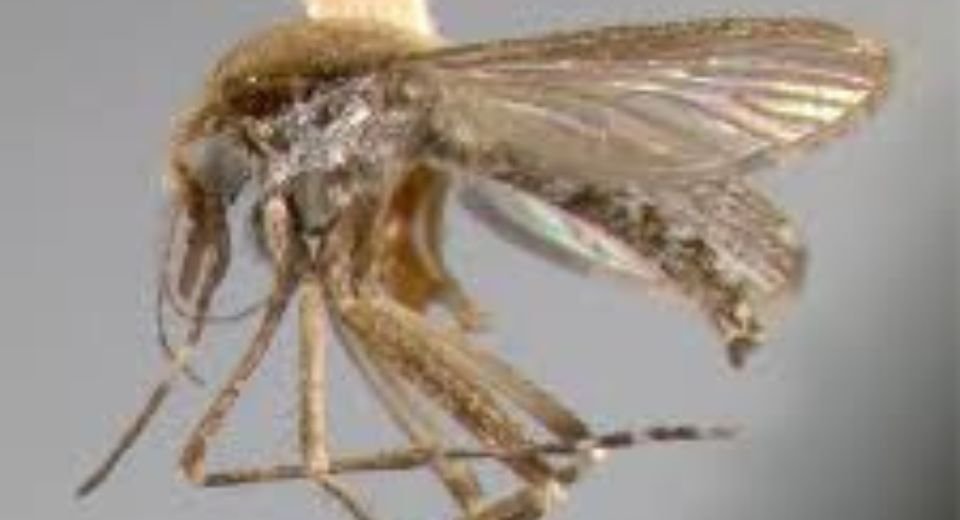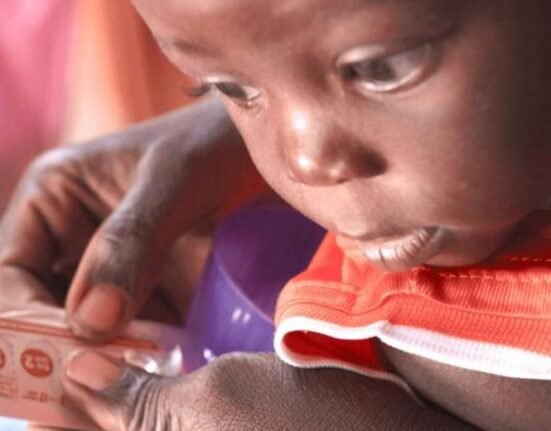HQ Team
October 21, 2024: Malaria, which plagued the ancient pharaohs, has been eliminated in Egypt, according to a World Health Organization-certificate, — the third such in in the WHO’s Eastern Mediterranean Region.
“Malaria is as old as Egyptian civilization itself, but the disease that plagued pharaohs now belongs to its history and not its future,” said Dr Tedros Adhanom Ghebreyesus, WHO Director-General.
Malaria has been traced as far back as 4000 BCE. in Egypt, with genetic evidence of the disease found in Tutankhamun and other ancient Egyptian mummies.
Early efforts to reduce human-mosquito contact in Egypt began in the 1920s when the country prohibited the cultivation of rice and crops near homes.
With most of Egypt’s population living along the banks of the Nile River and malaria prevalence as high as 40%, the country designated malaria a notifiable disease in 1930 and later opened its first malaria control station focused on diagnosis, treatment and surveillance.
UAE, Morocco
“This certification of Egypt as malaria-free is truly historic, and a testament to the commitment of the people and government of Egypt to rid themselves of this ancient scourge,” said Tedros.
This “is an inspiration to other countries in the region, and shows what’s possible with the right resources and the right tools,” he said.
Egypt is the third country to be awarded a malaria-free certification in the WHO Eastern Mediterranean Region following the United Arab Emirates and Morocco, and the first since 2010.
Globally, a total of 44 countries and one territory have reached this milestone.
“Receiving the malaria elimination certificate today is not the end of the journey but the beginning of a new phase,” said Dr Khaled Abdel Ghaffar, Deputy Prime Minister of Egypt.
Anopheles mosquito
“We must now work tirelessly and vigilantly to sustain our achievement through maintaining the highest standards for surveillance, diagnosis and treatment, integrated vector management and sustaining our effective and rapid response to imported cases.
“Our continued multisectoral efforts will be critical to preserving Egypt’s malaria-free status.”
Certification of malaria elimination is granted by WHO when a country has proven, beyond reasonable doubt, that the chain of indigenous malaria transmission by Anopheles mosquitoes has been interrupted nationwide for at least the previous three consecutive years.
A country must also demonstrate the capacity to prevent the re-establishment of transmission.
“This achievement is the result of sustained, robust surveillance investments in a strong, integrated health system, where community engagement and partnerships have enabled progress. Furthermore, collaboration and support to endemic countries, such as Sudan, remain a priority,” said Dr Hanan Balkhy, WHO Regional Director for the Eastern Mediterranean.
Treatment free-of-charge
By 1942, malaria cases in Egypt had spiked to more than three million as a result of the Second World War population displacement, the disruption of medical supplies and services, and the invasion of Anopheles arabiensis — a highly efficient mosquito vector.
Egypt succeeded in controlling the malaria outbreak through the establishment of 16 treatment divisions and the recruitment of more than 4,000 health workers.
Egypt rapidly contained a small outbreak of malaria cases in the Aswan Governorate in 2014 through early case identification, prompt treatment, vector control and public education.
Malaria diagnosis and treatment are provided free of charge to the entire population in Egypt regardless of legal status, and health professionals are trained nationwide to detect and screen for malaria cases at borders.









1 Comment